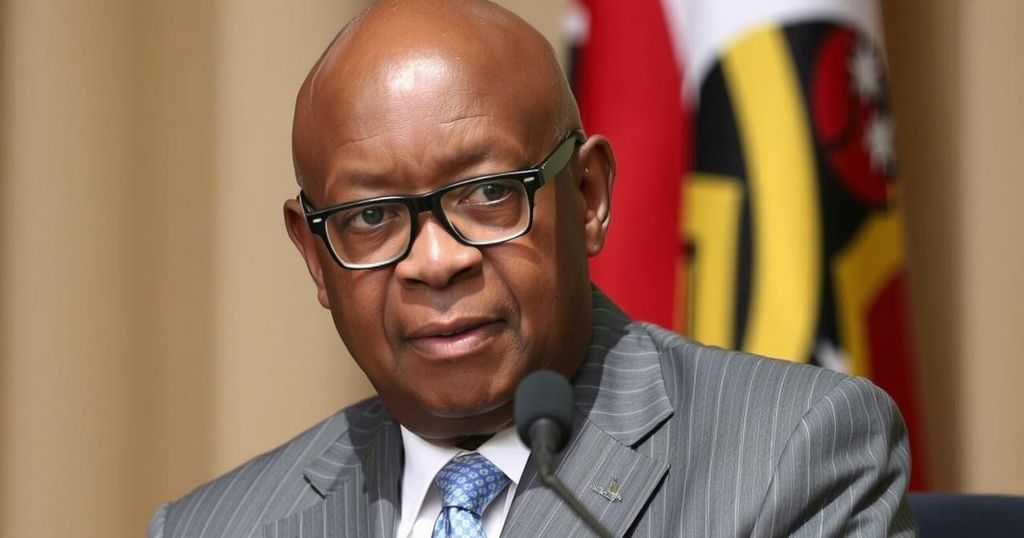Kenya’s President Acknowledges Need to Address Abductions of Critics

Kenyan President William Ruto has pledged to stop the abductions of government critics amid rising public outcry, acknowledging reports of disappearances linked to his administration. Nearly 82 individuals have gone missing following protests.The situation highlights serious human rights concerns, despite Ruto’s assurances, as activists demand justice and accountability.
Kenyan President William Ruto has recently vowed to put an end to the abductions of government critics, marking a significant shift from his earlier dismissal of such incidents as false claims. The president has been facing mounting pressure as reports have surfaced that at least 82 critics have gone missing following anti-government protests against a contentious finance bill. Ruto’s remarks echoed at a public event in Homa Bay promised safety for Kenyan youth, but he stopped short of acknowledging any governmental responsibility for the alleged abductions.
Despite Ruto’s assurances, human rights groups continue to express deep concerns, indicating that 29 individuals remain unaccounted for. Activists allege that government intelligence may have played a role in tracking and abducting critics, asserting that there is a systematic effort to silence dissent. Human rights activist Bob Njagi, having experienced a harrowing abduction himself, labeled the president’s comments as mere damage control. Njagi, along with others, is advocating for justice for all missing persons and accountability from the government.
Among the affected individuals are those who have shared provocative images of President Ruto online, contributing to a climate of fear tinged with suspicion directed towards critics of the regime. The case of college student Gideon Kibet highlights the risks associated with vocal dissent, as he remains missing after allegedly being targeted following a meeting with an opposition senator. The response of the government has been characterized by denials and deflections, with officials suggesting that many of the alleged abductions were merely lawful arrests amidst ongoing protests.
The vague admission by Ruto concerning the prevalence of abductions indicates a potential recognition of the situation’s severity, yet many advocates for human rights remain skeptical about the government’s commitment to making any substantive changes. Calls for a thorough investigation into the disappearances and the alleged abuses committed by security forces continue to grow, as families anxiously await news of their missing loved ones. As Ruto’s government faces criticism from both civil society and various political leaders, the importance of addressing these grave human rights concerns remains critical as they seek to restore trust and safety in the nation.
The political climate in Kenya has recently been marked by a notable increase in abductions and disappearances of individuals critical of the government, particularly following widespread protests against a controversial finance bill. There has been a growing public outcry over the treatment of dissenters, with many alleging that their disappearances have been linked to actions by government security forces. President William Ruto’s initial firm stance denying the existence of these abductions—dubbed as fake news—has shifted in the wake of public pressure and scrutiny from human rights organizations. Activists are calling for accountability, highlighting systemic issues within security forces ironically tasked with protecting the populace. The disturbances in civil liberties and security have raised alarms about the state of democracy and human rights in the country, challenging the government’s ability to uphold its responsibilities.
In conclusion, President William Ruto’s recent pledge to halt the abductions of government critics represents a notable departure from previously denying such incidents. However, the lack of acknowledgment regarding state involvement in these disappearances raises questions about genuine intent and accountability. The persistence of abductions emphasizes a troubling reality for many Kenyans, particularly among youth who had previously supported Ruto’s leadership. The call for justice and the restoration of rights by human rights advocates is more urgent than ever as families continue to seek answers regarding the fate of their missing loved ones.
Original Source: www.cnn.com







